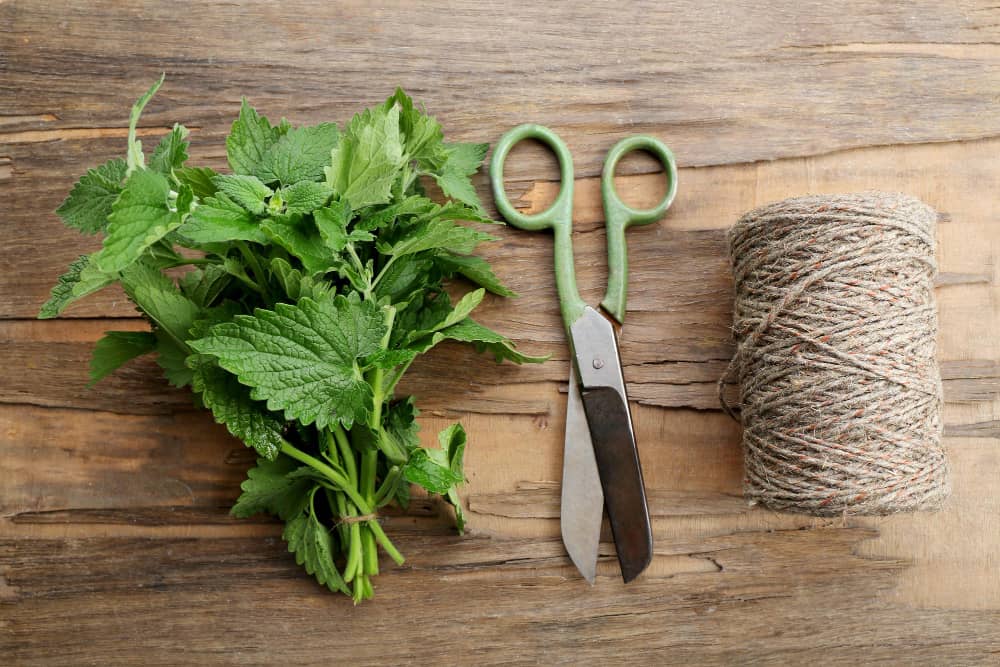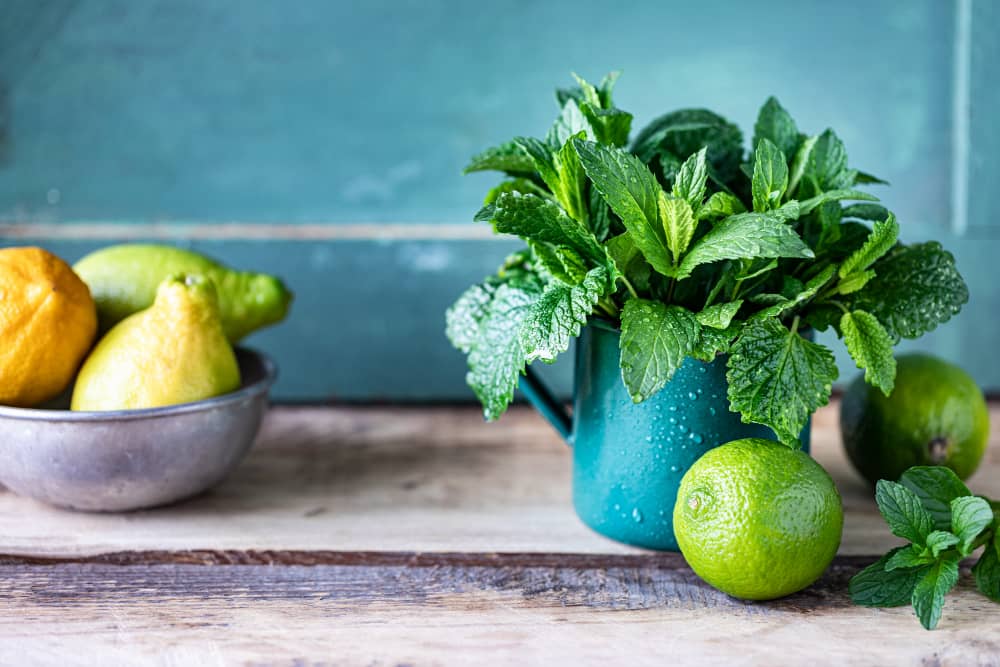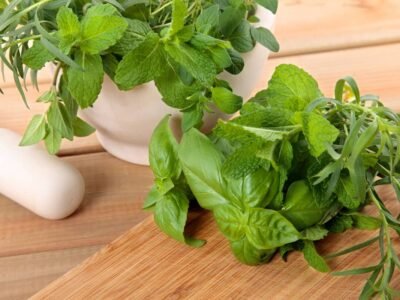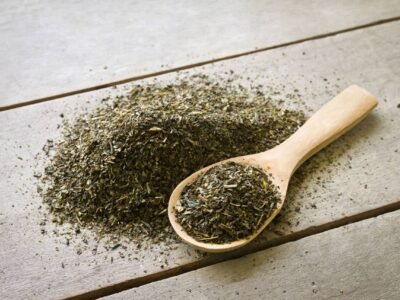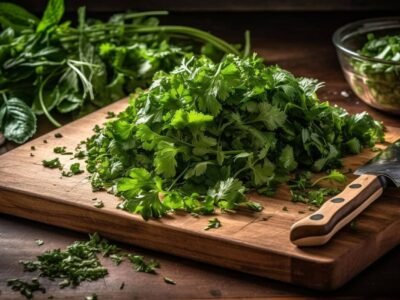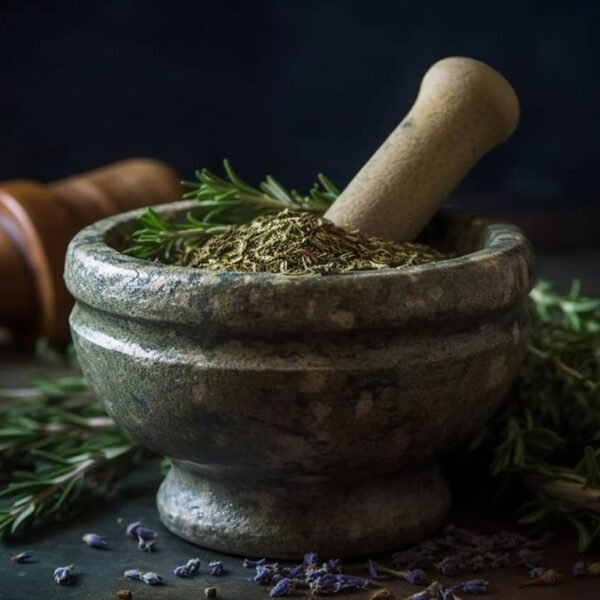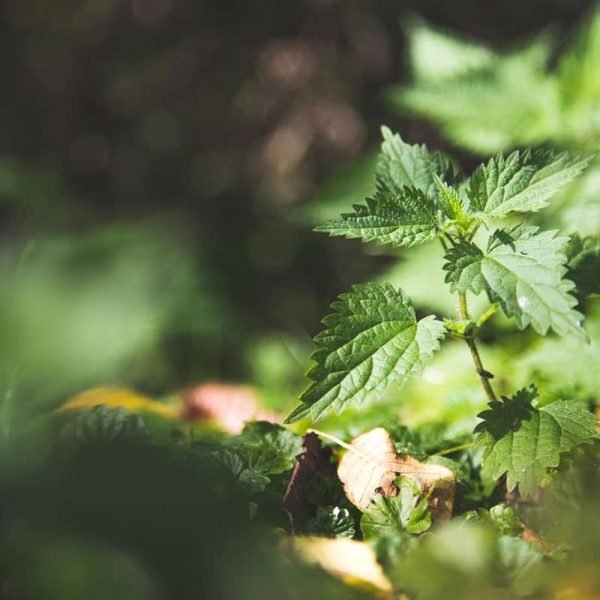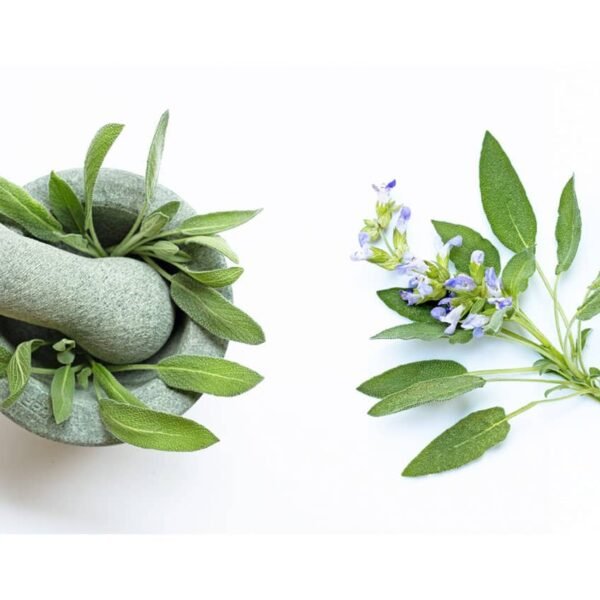Lemon balm, also known by its scientific name Melissa officinalis, is a fragrant herb that has been revered for centuries due to its numerous health benefits and culinary uses. This perennial plant belongs to the mint family and is native to the Mediterranean region. With its vibrant lemon scent and refreshing taste, lemon balm has become a popular ingredient in teas, essential oils, and natural remedies.
Lemon balm has a rich history dating back to ancient times when the Greeks and Romans used it for its therapeutic properties. The name “Melissa” actually comes from the Greek word for honeybee, highlighting its attraction to these buzzing pollinators.
The History and Origins of Lemon Balm.
Its history and origins can be traced back to the Mediterranean region, where it has been cultivated for thousands of years. The ancient Greeks were among the first to document the use of lemon balm for its medicinal properties, valuing it for its calming effects on both the body and mind.
During the Middle Ages in Europe, lemon balm gained popularity as a key ingredient in herbal remedies. It was often used to treat various ailments such as digestive issues, anxiety, insomnia, and even venomous bites from animals. The plant’s lemony scent and soothing qualities led to it being called “Melissa,” which means honeybee in Greek.
In addition to its medicinal uses, lemon balm also found its way into culinary traditions over time. Its fresh leaves are often used in teas, salads, desserts, and even cocktails due to their pleasant citrus flavor. Today, lemon balm continues to be widely cultivated worldwide for its therapeutic benefits and culinary appeal.
Growing and Harvesting Lemon Balm.
Lemon balm (Melissa officinalis) is a perennial herb from the mint family. It is known for its lemon-scented leaves, which are commonly used in culinary dishes and herbal preparations. Growing lemon balm is relatively easy, as it thrives in well-drained soil and full sun or partial shade. It can be propagated from seeds, cuttings, or divisions of mature plants.
To start growing lemon balm from seeds, it is recommended to sow them indoors about 6-8 weeks before the last frost date. The seeds should be lightly covered with soil and kept moist until germination occurs, usually within 7-14 days. Once the seedlings have grown a few inches tall and all risk of frost has passed, they can be transplanted into individual pots or directly into the garden.
Harvesting lemon balm can be done once the plant has reached maturity, usually after 70-90 days from sowing or when it reaches a height of about 12-18 inches. The best time for harvesting is in the morning when essential oil concentrations are highest.
To harvest lemon balm leaves, snip off the top a couple of inches using sharp scissors or pruning shears. Regular harvesting promotes new growth and prevents flowering, as excessive flowering can diminish leaf quality and flavor.
Generally, growing and harvesting lemon balm requires minimal effort but yields abundant benefits—culinary uses and benefits of lemon balm.
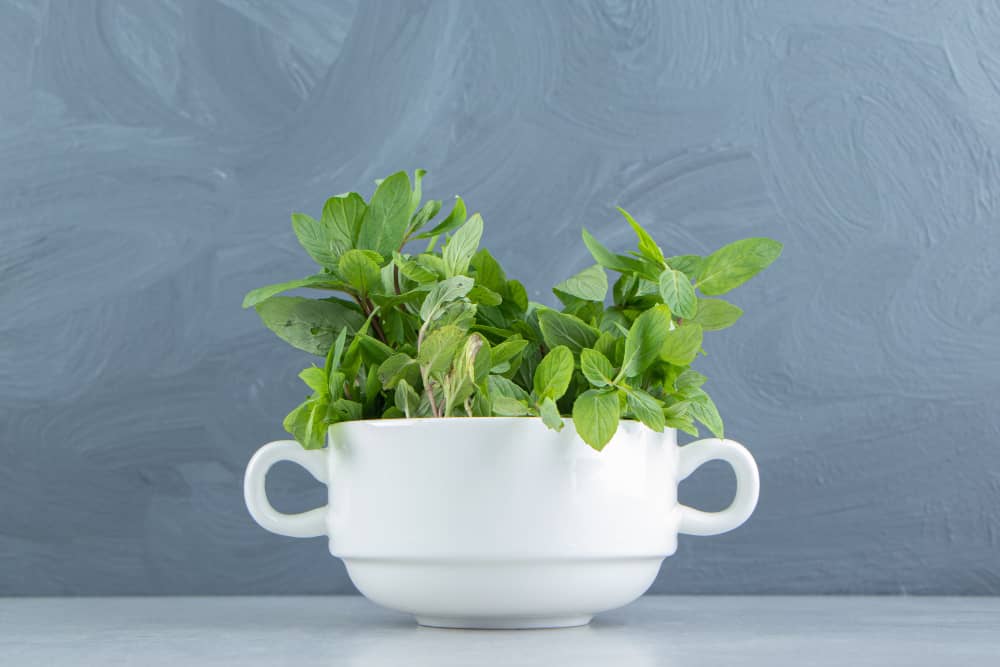
Medicinal Properties and Health Benefits of Lemon Balm.
Lemon balm, also known as Melissa officinalis, is a fragrant herb that belongs to the mint family. It has been widely used for centuries due to its various medicinal properties and health benefits. One of the most well-known uses of lemon balm is its effect on the nervous system. It has been shown to reduce anxiety and promote relaxation, making it an effective natural remedy for stress and insomnia.
In addition to its calming properties, lemon balm also offers numerous other health benefits. It has been found to have antiviral properties, particularly against certain strains of herpes simplex virus. Lemon balm extract can be used topically to treat cold sores caused by these viruses. Furthermore, lemon balm is known for its antioxidant activity, which helps protect cells from damage caused by free radicals and oxidative stress.
Moreover, lemon balm has traditionally been used as a digestive aid due to its carminative properties. It can help alleviate symptoms such as bloating, indigestion, and gas by relaxing the muscles in the digestive tract. Additionally, some studies suggest that when consumed regularly, lemon balm may improve cognitive function and memory performance.
Overall, lemon balm offers many medicinal properties and health benefits, making it a valuable herb in natural medicine practices worldwide.
DIY Recipes and Crafts Using Lemon Balm.
With its vibrant lemony scent and calming properties, lemon balm is a versatile herb used in various DIY recipes and crafts. One popular use for lemon balm is in homemade bath and beauty products. You can infuse the leaves of this herb into oils or make a simple lemon balm tea to incorporate into your skincare routine.
Lemon balm-infused oil can be used as a base for homemade lotions, balms, or lip scrubs. The soothing properties of lemon balm make it perfect for reducing redness and inflammation while providing a refreshing citrus aroma.
In addition to its uses in skincare, lemon balm can also be utilized in culinary creations. This herb adds a delightful tangy flavor to sweet and savory dishes. One delicious way to incorporate lemon balm into your cooking is by making infused honey or syrup. Simply steep fresh leaves in warm honey or sugar syrup to infuse their flavor and use them as toppings for pancakes, waffles, or desserts like ice cream or fruit salads.
If you’re feeling crafty, you can also create beautiful herbal wreaths using dried lemon balm leaves. Gather sprigs of the herb and secure them with floral wire or twine to form a circular shape. Hang these wreaths on your front door or adorn them with ribbon for an attractive centerpiece on your dining table.
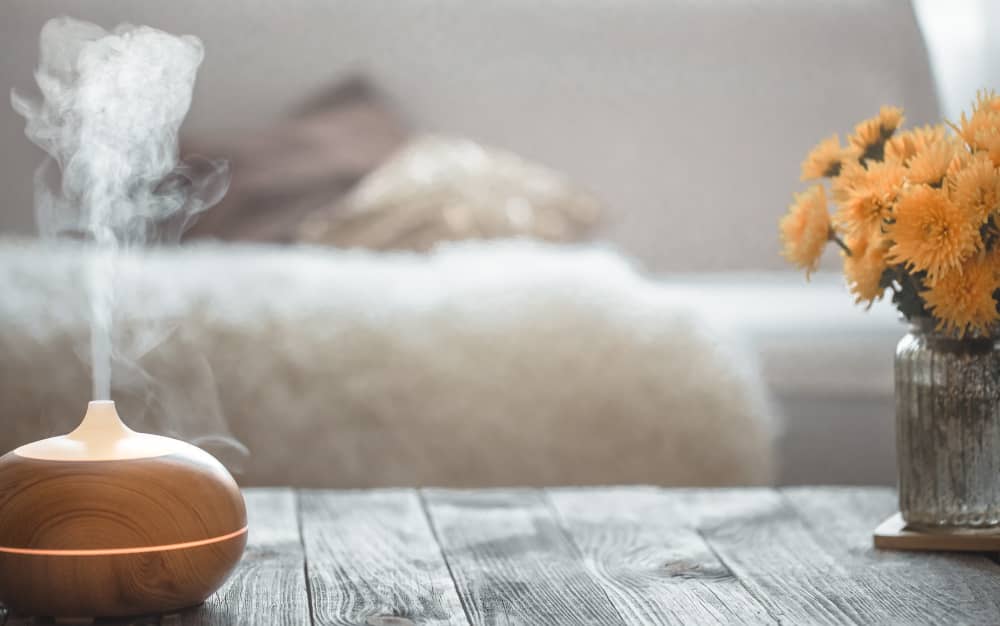
Lemon Balm in Aromatherapy and Relaxation Techniques.
Lemon balm, also known as Melissa officinalis, has been used for centuries in aromatherapy and relaxation techniques due to its calming properties. The essential oil derived from lemon balm leaves is highly valued for its soothing effects on the mind and body. When used in aromatherapy, the aroma of lemon balm oil can help reduce stress and anxiety levels, promoting a sense of calmness and relaxation.
In addition to its aromatic benefits, lemon balm can be used topically or as an herbal remedy to alleviate symptoms such as insomnia and restlessness. Its sedative properties make it an excellent choice for those seeking natural alternatives to manage sleep disorders or promote better quality sleep. Lemon balm is believed to work by increasing gamma-aminobutyric acid (GABA) levels in the brain, which helps regulate mood and promotes relaxation.
Incorporating lemon balm into relaxation techniques such as meditation or massage can enhance the overall experience by providing a tranquil atmosphere and reducing stress. Whether used alone or combined with other essential oils like lavender or chamomile, lemon balm offers a gentle yet effective way to promote relaxation and improve one’s overall well-being through aromatherapy.
In conclusion, lemon balm has proven to be a highly versatile and effective herb with numerous health benefits. Its calming properties make it an excellent natural remedy for anxiety and stress-related disorders. Lemon balm can help alleviate insomnia by promoting better sleep quality and reducing restlessness.
Furthermore, this herb exhibits potent antioxidant effects, protecting the body against damage caused by free radicals. Lemon balm also displays anti-inflammatory properties that may aid in reducing symptoms associated with chronic conditions such as arthritis. Additionally, studies have shown that lemon balm may positively affect cognitive function, enhancing memory and focus.
Overall, lemon balm is valuable to any herbal medicine cabinet due to its wide-ranging therapeutic benefits. Whether used as a tea, essential oil, or supplement form, this herb has consistently demonstrated its effectiveness in promoting relaxation, improving sleep quality, and protecting against oxidative stress and inflammation while potentially enhancing cognitive function. Incorporating lemon balm into your daily routine could benefit overall well-being and vitality.

